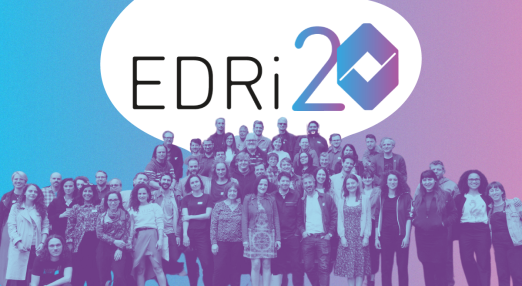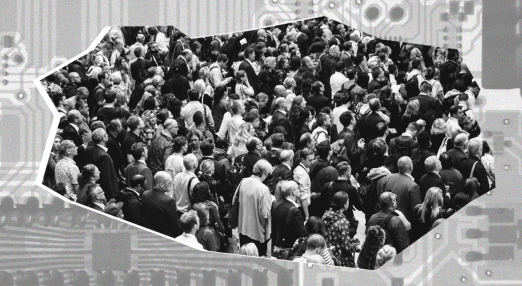human rights
Filter by...
-

NGOs and experts warn AI Act negotiators: don’t trade our rights!
On 8 December 2023, 70 civil society groups and 34 expert individuals sent an urgent letter to the Council of EU Member States, the European Commission and the European Parliament to urge them "Do not trade away our rights!" in the final trilogue (negotiation) on the landmark Artificial Intelligence (AI) Act.
Read more
-

Europol data deals with violent police forces need “strong data protection safeguards”
Proposed data-sharing deals between Europol and five states in Central and South America needs explicit safeguards if they are to uphold fundamental rights, the European Data Protection Supervisor said at the beginning of May. Police forces in those states have brutal records of violence and torture.
Read more
-

Decolonising Digital Rights: a process imbued with love
This blog reflects on the end of the design phase of the decolonising digital rights in Europe process. It discusses our learnings and the next steps of the process as we begin to build and disseminate the programme.
Read more
-

Shaping the next 20 years of digital rights in Europe
Last week we celebrated the 20th anniversary of EDRi, the European Digital Rights network, and its two decades of defending and promoting rights online and off. The digital rights movement has come a long way and we are at a crucial moment to shape our shared digital future for the better. The EU’s fundamental rights framework has been pivotal in our achievements so far, but it has never served everyone equally. How can we better equip Europe for the human rights challenges of the digital age?
Read more
-

EU to provide training on “covert techniques” to abusive police forces
The European Police College is to train a host of states with miserable human rights records on the use of “covert techniques in forensics and mobile telecommunications” and will provide “training activities related to cyber-attacks in order to build capacities for law enforcement, judicial authorities and other relevant bodies.”
Read more
-

EU watchdog finds European Commission failed to protect human rights from its surveillance aid to African countries
The European Ombudsman has found that the European Commission failed to take necessary measures to ensure the protection of human rights in the transfers of technology with potential surveillance capacity supported by its multi-billion Emergency Trust Fund for Africa.
Read more
-

Mid-point EDRi strategy review: impact and adjustments in a changing field
In April 2020, during the early months of the Covid-19 pandemic in Europe, EDRi adopted its first network multi-annual strategy for the years 2020-2024. At the mid-term of the strategy implementation, what have we learned?
Read more
-

Promoting human rights in the digital era
Digital technologies are part of everyday life, but we don’t know much about how they impact our rights. A Czech-Norwegian project aims to change this.
Read more
-

Nearly 130 public interest organisations and experts urge the United Nations to include human rights safeguards in proposed UN Cybercrime Treaty
Today, EDRi, our member Electronic Frontier Foundation (EFF), and Human Rights Watch, along with nearly 130 organizations and academics working in 56 countries, regions, or globally, urged members of the Ad Hoc Committee responsible for drafting a potential United Nations Cybercrime Treaty to ensure human rights protections are embedded in the final product. The first session of the Ad Hoc Committee will begin on January 17th.
Read more
-

Opinion on the Passenger Name Record CJEU case
In Case-817/19, Belgium’s Constitutional Court has asked the EU Court of Justice whether the PNR Directive (2016/681) is compatible with the Charter of Fundamental Rights. The hope must be that the Court will stand up for the rights of individuals, enforce the Charter of Fundamental Rights, and declare the PNR Directive (like the Data Retention Directive) to be fundamentally in breach of the Charter.
Read more
-

Spotify, don’t spy: global coalition of 180+ musicians and human rights groups take a stand against speech-recognition technology
“You can’t rock out when you’re under constant corporate surveillance. Spotify needs to drop this right now and do right by musicians, music fans, and all music workers.” - Tom Morello
Read more
-

Artificial Intelligence and Fundamental Rights: Document Pool
Find in this doc pool all EDRi analyses and documents related to Artificial Intelligence (AI) and fundamental rights
Read more
